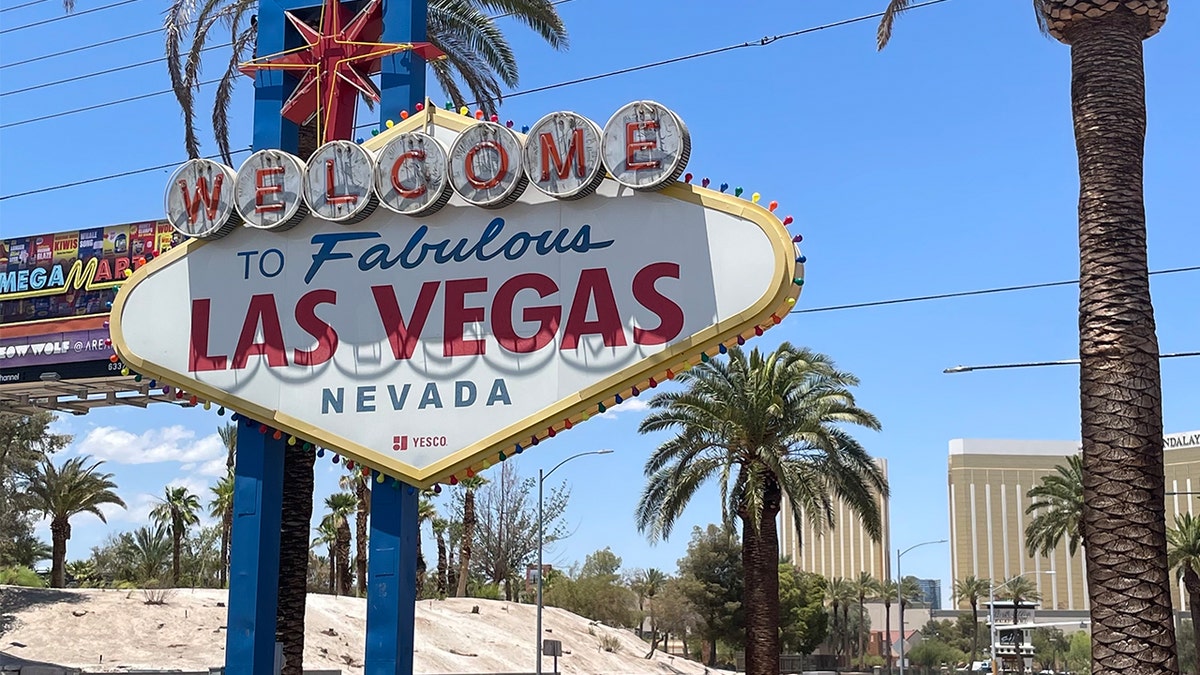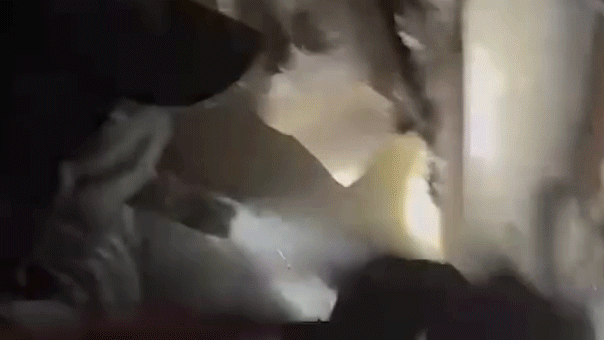Fox News Flash top headlines for October 30
Fox News Flash top headlines are here. Check out what's clicking on Foxnews.com.
The Nevada Gaming Control Board is trying to decide whether customers kicked out of a casino should be allowed to collect winnings if they sneak back in and win money.
According to the Las Vegas Review-Journal, gaming board members voted Oct. 4 to uphold paying a serial trespasser a $2,000-plus slot machine jackpot he had won earlier this year at the Casablanca hotel-casino in Mesquite, Nevada.
The newspaper said the casino disputed the payment, saying the gambler had been ordered off the property for various alleged offenses including petty theft, drunk or disorderly conduct plus violations of prior trespasses six times between 2011 and last year.

This photo shows a 'Welcome to Fabulous Las Vegas' sign. Trespassing has reportedly increased inside casinos on the Las Vegas Strip. (Fox News Digital/Teny Sahakian)
But the Review-Journal said the man reentered the casino and won jackpots three times over a span of several months.
Some gaming officials said the problem has grown worse on the Las Vegas Strip as banned gamblers recognize that paying a small fine for being cited for trespassing is no deterrent to sneaking back into a casino and resume playing the slots.
Clark County Assistant District Attorney Christopher Lalli told the Review-Journal that he reviewed records from July and determined there were 87 trespass cases before a Las Vegas judge who presides over a special resort corridor court.
NFL FORTIFYING EFFORTS OF GAMBLING POLICY TO PLAYERS, FOCUSING ON 6 'KEY RULES'
Lalli said the typical defendant will plead guilty and be ordered to stay out of the casino, usually for six months.
Authorities said trespassers often disregard judicial orders and re-enter casinos and when they win jackpots, they know regulators will want them to be paid based on policies approved decades ago.










































